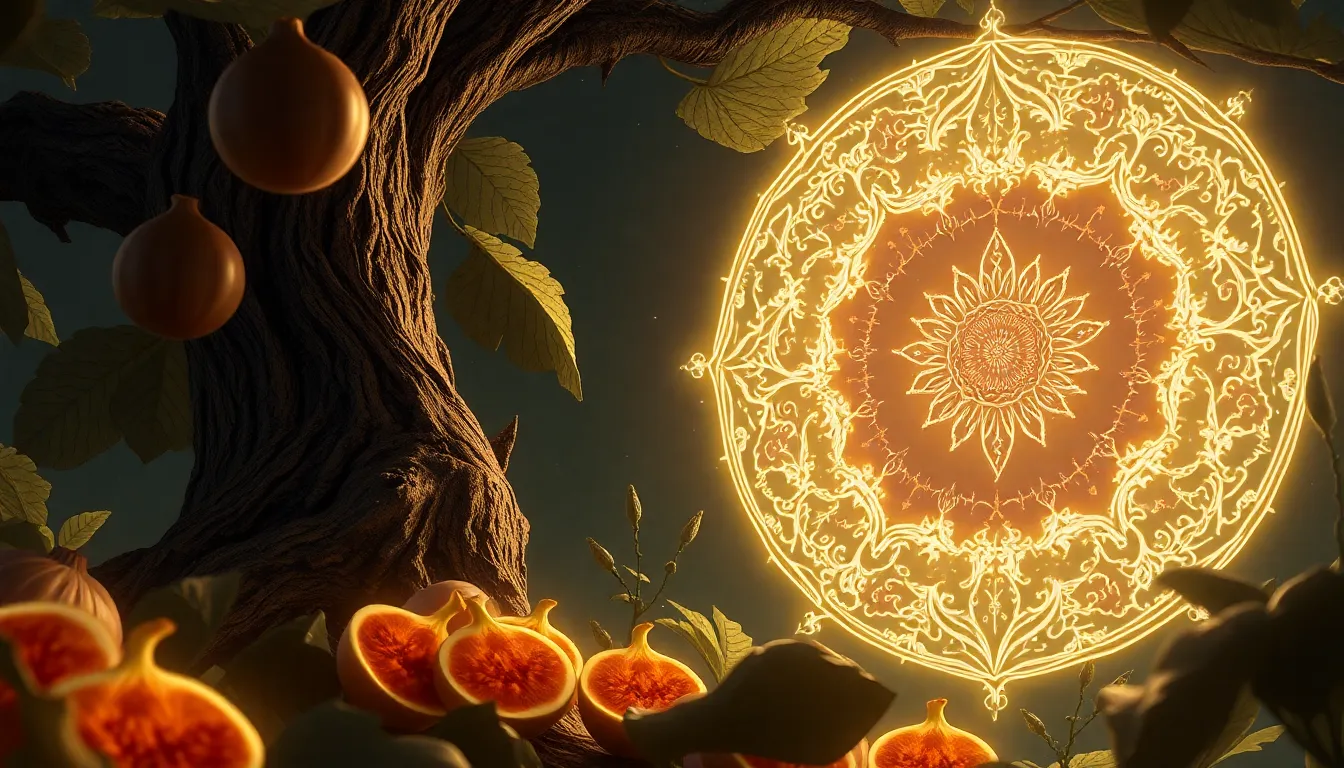Clash of Titans: The Ultimate Guide to Mythological Showdowns
1. Introduction to Mythological Showdowns
Mythological showdowns refer to epic battles and conflicts among gods, titans, and legendary heroes that often define the narrative landscape of various mythologies. These showdowns are not merely tales of violence; they encapsulate significant cultural values, moral lessons, and the cosmic order of the universe as perceived by ancient civilizations.
The importance of these narratives in cultural history cannot be overstated. They serve to illustrate humanity’s struggles, triumphs, and the chaotic nature of existence. Through these stories, societies have grappled with fundamental questions about the universe, morality, and the human condition. This article will explore the role of titans across different cultures, famous mythological showdowns, and their lasting impact on modern interpretations.
2. The Role of Titans in Mythology
Titans are often seen as primordial beings in various mythologies, representing the raw forces of nature and the universe. In Greek mythology, the Titans were the elder gods who ruled before the Olympians. In contrast, Norse mythology features giants, known as Jotnar, who often embody chaos and challenge the gods.
Here’s a brief comparison of Titans across different cultures:
- Greek Titans: Cronus, Rhea, Oceanus, and others, known for their battles against the Olympian gods.
- Norse Giants: Jotnar, including figures like Ymir and Loki, who play critical roles in Norse cosmology.
- Hindu Asuras: Powerful beings often in conflict with the Devas (gods), representing the struggle between good and evil.
The significance of Titans lies in their representation of the elemental forces of existence, shaping the mythological narratives that explore the balance of power, the nature of conflict, and the journey towards enlightenment.
3. Famous Showdowns in Greek Mythology
One of the most famous mythological conflicts is the Titanomachy, the war between the Titans and the Olympians. This epic battle, which lasted for ten years, culminated in the defeat of the Titans and the rise of Zeus and his siblings as the ruling deities.
Key figures in this struggle included:
- Cronus: The leader of the Titans who swallowed his children to prevent them from overthrowing him.
- Zeus: The youngest son of Cronus, who led the revolt against the Titans.
- Rhea: The mother of Zeus, who saved him from being swallowed and helped him orchestrate the rebellion.
The impact of these battles on Greek mythology is profound, as it established the hierarchy of gods and set the stage for countless myths, legends, and moral lessons that followed.
4. Legendary Battles in Norse Mythology
Norse mythology is renowned for its apocalyptic tale of Ragnarok, a series of events that lead to the death of many gods and the destruction of the world. This epic confrontation involves significant figures such as:
- Odin: The Allfather, who faces off against the wolf Fenrir.
- Thor: The god of thunder, who battles the serpent Jormungandr.
- Loki: The trickster god, whose actions contribute to the chaos of Ragnarok.
The symbolism behind Norse mythological battles often reflects the themes of fate, inevitability, and the cyclical nature of life and death. These conflicts serve as metaphors for the struggles within the human experience.
5. Mythological Conflicts in Other Cultures
Beyond Greek and Norse traditions, mythological conflicts abound in other cultures. For instance:
- Egyptian Mythology: The struggle between Osiris and Set, where Set represents chaos and disorder, while Osiris symbolizes life and order.
- Hindu Mythology: The ongoing battles between the Devas and Asuras, highlighting the eternal struggle between good and evil.
- Chinese Mythology: The battle between the Jade Emperor and various demon lords, reflecting the conflict between civilization and chaos.
These lesser-known conflicts enrich the tapestry of world mythology, showcasing diverse perspectives on the nature of conflict and resolution.
6. Modern Interpretations of Mythological Showdowns
Mythology continues to influence contemporary literature, film, and pop culture. The stories of gods and titans have been reimagined in various formats, making them accessible to modern audiences. Notable examples include:
- Movies: Films like “Clash of the Titans” and “Thor” draw heavily from ancient narratives.
- Books: Authors like Rick Riordan have popularized mythological tales through engaging series aimed at young readers.
- Video Games: Titles like “God of War” explore mythological themes, allowing players to engage with these narratives interactively.
The ongoing relevance of these stories lies in their exploration of timeless themes such as heroism, sacrifice, and the quest for identity.
7. Themes and Motifs in Mythological Battles
Mythological battles often encompass profound themes and motifs, including:
- The Struggle Between Good and Evil: Many narratives depict the conflict between benevolent deities and malevolent forces.
- The Quest for Power: Characters often seek dominion over others, reflecting the human desire for control.
- The Cyclical Nature of Creation and Destruction: Many myths illustrate how destruction can lead to rebirth and renewal.
These themes resonate deeply with audiences, offering insights into the human experience and the moral dilemmas we face.
8. Character Analysis: Titans and Their Adversaries
Understanding the characters involved in mythological showdowns enhances our appreciation of these narratives. Key Titans and their adversaries often embody distinct traits and motivations:
- Cronus: Representing tyranny and fear, his actions stem from a desire to retain power.
- Zeus: Symbolizing justice and order, he fights to establish a new divine order.
- Loki: A complex character whose motivations blur the lines between hero and villain, embodying chaos yet also contributing to the eventual renewal of the world.
The duality of character in these stories illustrates the complexity of morality and the multifaceted nature of existence.
9. The Legacy of Mythological Showdowns
The legacy of mythological showdowns is evident in their influence on modern storytelling and archetypes. These epic conflicts have shaped narratives in literature, film, and art, providing a framework for exploring moral and ethical lessons.
Moreover, these battles preserve cultural heritage, offering insights into the values and beliefs of ancient societies. They remind us of the shared human experience and the universal themes that transcend time and culture.
10. Conclusion: The Enduring Fascination with Mythological Showdowns
In conclusion, mythological battles continue to captivate our imagination, reflecting the complexities of human nature and the eternal struggle for meaning. From the wars of the Titans to the apocalyptic prophecies of Ragnarok, these narratives resonate deeply within us, reminding us of the timeless themes that unite us across cultures. As we explore these ancient tales, we uncover not only the history of humanity but also the enduring fascination with the clashes of titans that shape our understanding of the world.



